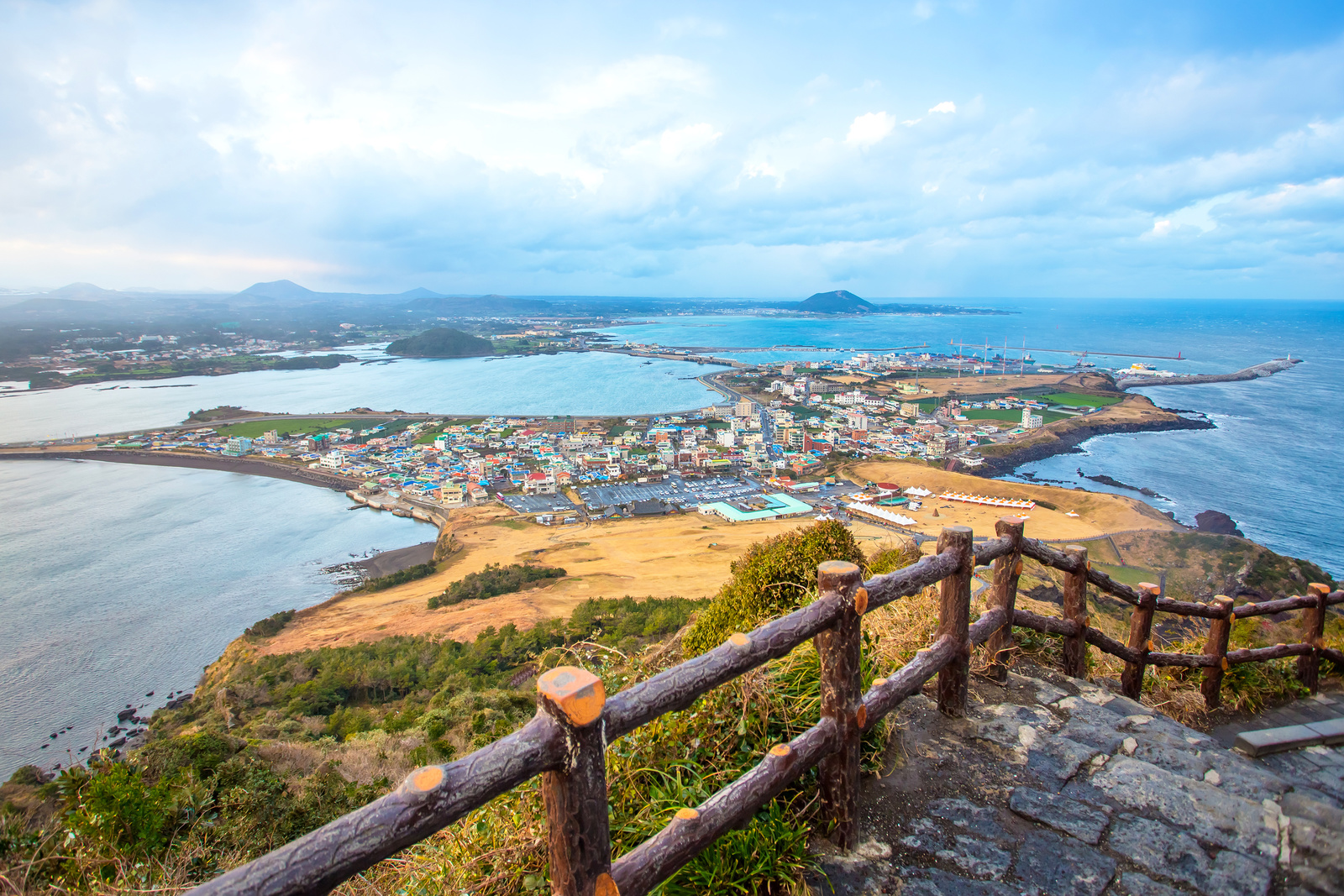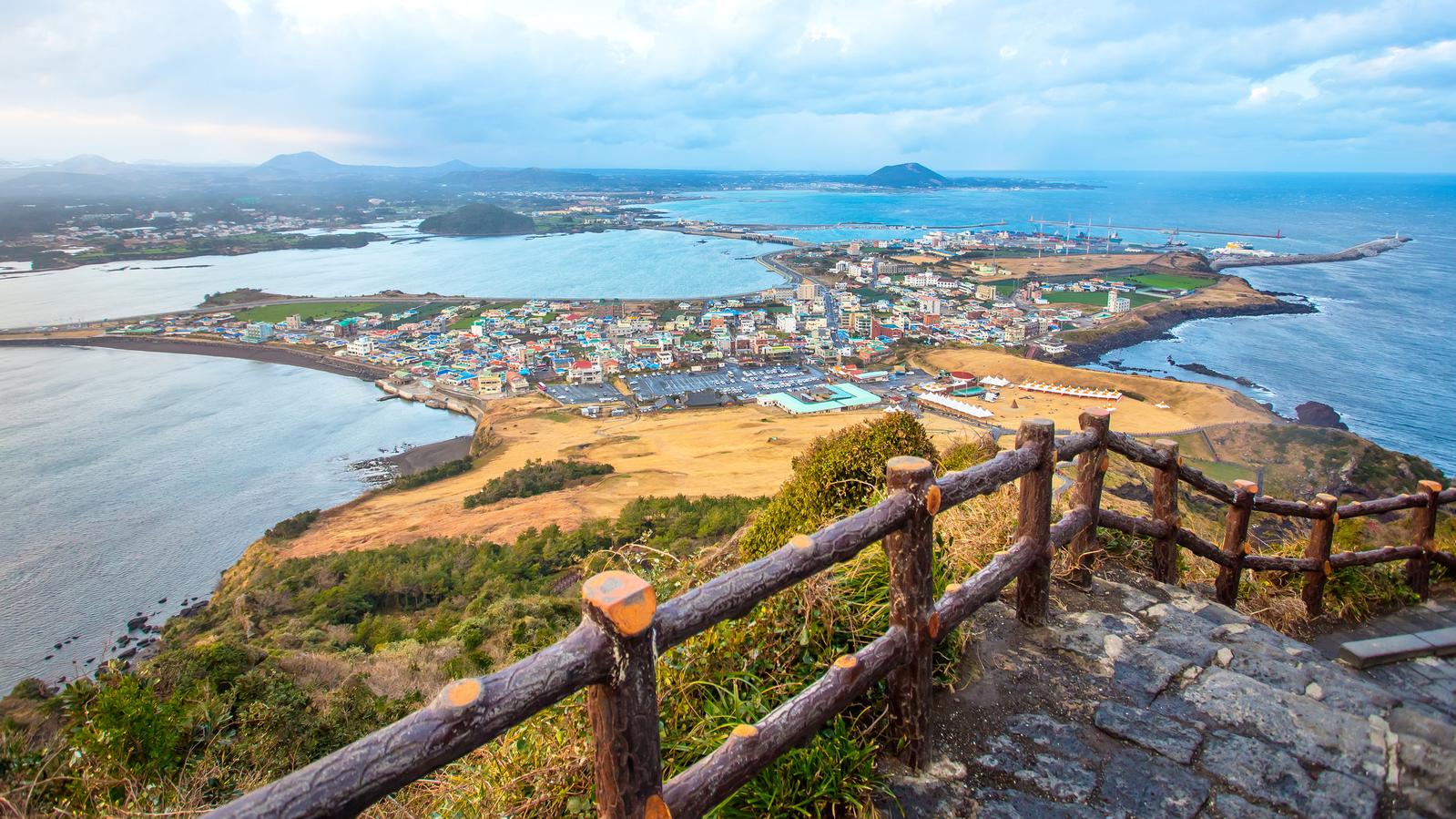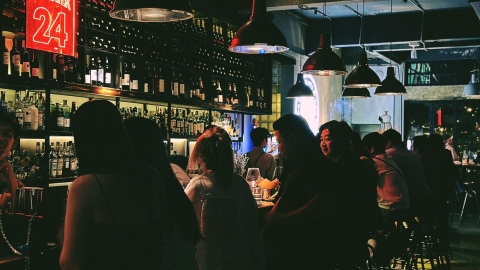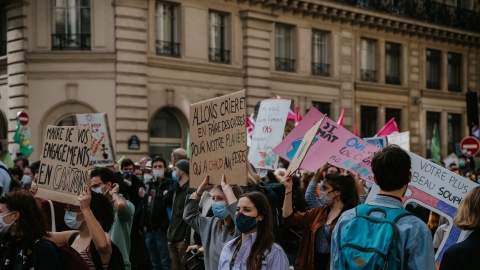On April 17, The Korea Times reported that, facing pressure from overtourism on the environment of South Korea's paradise resort island, the Jeju Island government has proposed a plan to charge tourists a fee for visiting the island.
According to the local government's fee plan, tourists visiting Jeju Island will have to pay an average of 8,170 won (approximately 145,000 VND) per day. This includes a 1,500 won (27,000 VND) nightly accommodation fee on the island. Those renting a 4-seater car will be charged an additional 5,000 won (89,000 VND), and those renting a 5-7 seater car will be charged 10,000 won (177,000 VND) per day. Tourists renting buses will be charged a 5% rental fee.
If approved by the South Korean National Assembly, these fees would add 141 billion won to the government budget after the first year and 167 billion won in the second year, according to estimates stated in a report by the Jeju government.
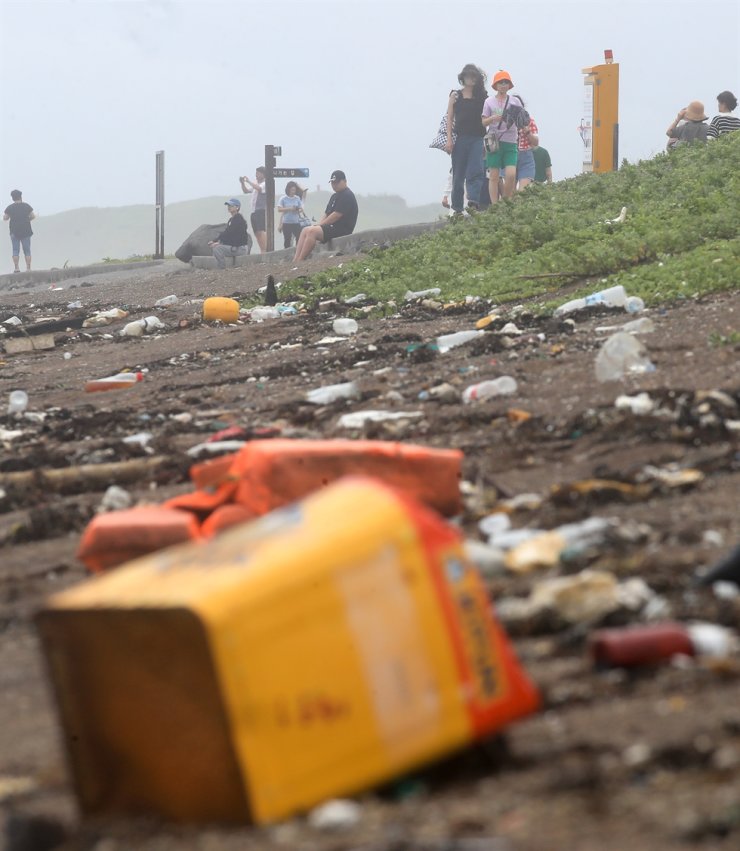
Gwangchigi Beach in Seogwipo, Jeju Island, is experiencing a litter problem.
This popular South Korean tourist destination has long considered measures since locals have expressed concerns about the consequences of the tourism boom, including litter and wastewater that are increasingly exceeding the island's capacity to manage.
The Jeju government attempted to introduce an entrance fee for tourists in 2012 but faced significant opposition. However, the ongoing tourism overload has led authorities and residents on the island to continue pursuing their plan to charge visitors.
According to the Jeju Tourism Association, from January 1, 2022 to December 25, 2022, 13.68 million people visited the island. This figure is 16% higher than the same period in 2021. More than 99% of these were domestic tourists due to restrictions on international travel during the Covid-19 pandemic.
Over the years, the island has experienced an overload of waste and wastewater due to the large influx of tourists. This situation has prompted locals to urge the authorities to consider implementing a tourism fee.
Last August, the South Korean government commissioned the Korea Environment Institute, a state-run research company, to study the feasibility of charging an entrance fee to the island. The study is scheduled to be completed in August, and the government plans to propose the bill to the National Assembly this year. Last week, Jeju Governor Oh Young-hun stated at the provincial council meeting that the implementation of the fee “is being very carefully planned” to garner support from people across South Korea.
The governor of Jeju also stated that the process “will not be entirely a pretty picture” and “will not be easy.” He is also closely monitoring the reactions from the central government, the National Assembly, private businesses, and the media regarding this measure. The Jeju Provincial Council has discussed measures to preserve the island's biodiversity and manage the increase in waste, both issues resulting from the year-round influx of tourists from around the world to Jeju. The Jeju Provincial Council is also considering amending three related laws to increase the island's budget and enact stronger laws to promote more responsible tourism.
Jeju's move comes as Hawaiian lawmakers are considering charging tourists between $40 and $50 (approximately 1.175 million VND) as a "green fee" to mitigate the impact of overcrowding and help restore the island's natural environment.

 VI
VI EN
EN



